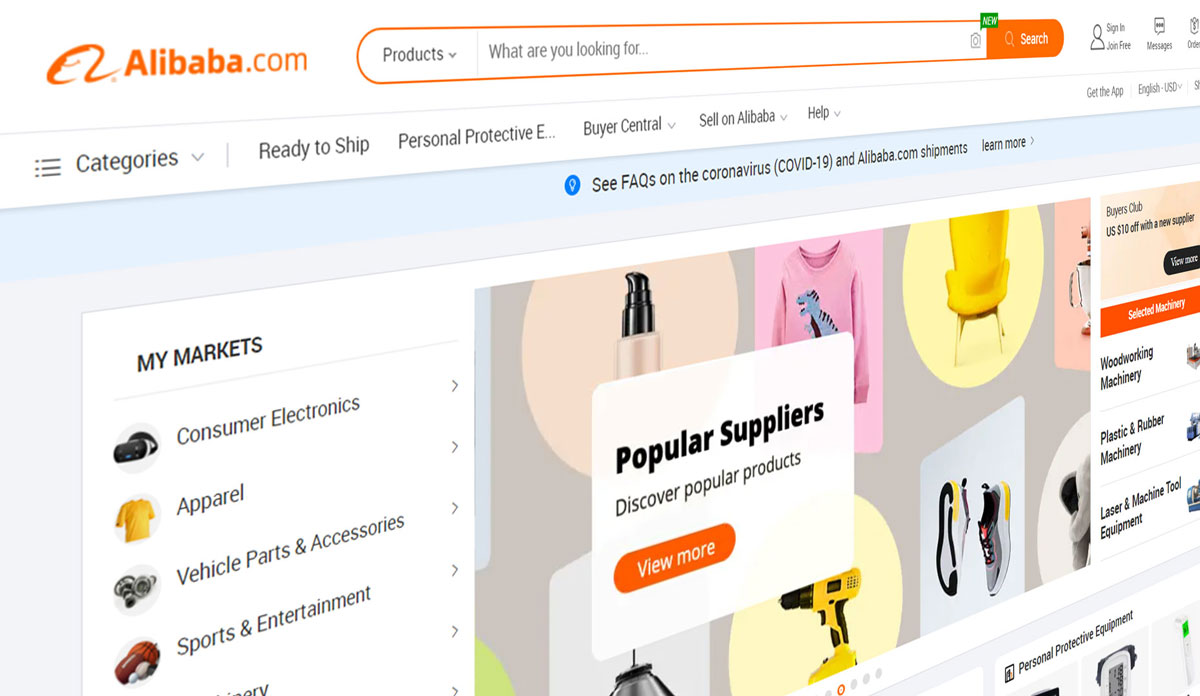
The Art of Negotiating with Asian Suppliers: Tips for Successful Agreements
In the exciting world of product sourcing from Asia, one essential skill separates the average importers from the most successful ones – the ability to negotiate effectively with suppliers. The art of negotiation can help secure favorable pricing, reduce lead times, and build strong working relationships that benefit both parties.
However, navigating the cultural differences and communication barriers that often arise when dealing with suppliers in Asia can be a daunting task for many business owners or entrepreneurs. Don't worry, though! Your friendly sourcing expert is here to help you master the intricacies of negotiating with Asian suppliers.
In this guide, we'll reveal the secrets to successful supplier negotiations, offering valuable insights, practical tips, and proven strategies to help you achieve the best possible outcomes in your supplier partnerships. From communication etiquette and body language to understanding cultural subtleties and common negotiation tactics, we'll cover everything you need to know to win the hearts and minds of your Asian suppliers.
1. Understanding Cultural Differences & Communication Etiquette
Building a strong foundation for successful negotiations starts with understanding the cultural context and communication habits of your Asian suppliers:
Respect Hierarchies & Decision-Making Processes:
Asian cultures often place great importance on respecting seniors or managing directors, as well as maintaining harmonious decision-making. Be mindful of these cultural norms and respect the hierarchy within the supplier's organisation.
Build Trust Through Personal Connections:
Cultivating personal rapport and trust should be a top priority. Share information about your company's background, goals, and even your personal experiences to create a genuine connection with your supplier.
Maintain Polite & Respectful Communication:
Utilise a polite and respectful tone during communications, avoiding overly direct or confrontational language, as this could damage the relationship.
2. Effective Preparation & Goal Setting
Entering negotiations well-prepared and with a clear set of objectives can greatly impact the outcomes of your supplier interactions:
Gather Strategic Information:
Research your supplier's negotiation history, competitor pricing, and market trends to gain insights that can inform your approach and strengthen your position.
Set realistic goals:
Establish a clear set of objectives for the negotiation, such as pricing, shipping terms, or lead times. Know your bottom line and desired outcomes before entering the discussions.
Prepare a Negotiation Toolkit:
Develop a negotiation strategy by identifying your bargaining chips, priorities, and the potential concessions you are willing to make.

3. Essential Negotiation Tactics & Strategies
Mastering core negotiation tactics and strategies can help you secure the best possible agreements in your sourcing ventures:
Leverage Multiple Supplier Options:
Having alternative suppliers in your pipeline provides you with greater leverage during negotiations, as it demonstrates that you can explore other options if your demands are not met.
Emphasise Long-Term Business Potential:
Highlight the potential for a long-lasting, mutually beneficial partnership to encourage your supplier to offer more competitive terms.
Use Conditional Concessions:
Offer concessions on specific terms while making them dependent on meeting specific criteria, such as faster shipping or improved product quality assurances.
4. Navigating Common Supplier Negotiation Scenarios
In this section, we'll examine a few common negotiation scenarios and how to approach them for optimal outcomes:
Price Negotiations:
Begin by discussing the value and mutual benefits of the partnership, followed by presenting the market research you've gathered. Be prepared to stand firm on your desired price point, or propose alternative cost-saving measures if your supplier is unwilling to budge.
Managing Lead Times & Delays:
Negotiate realistic lead times during the initial contract negotiations and set clear expectations for any potential delays. Should unexpected delays arise during the course of the partnership, keep communication open and work collaboratively with your supplier to find a mutually satisfactory solution.
Navigating Quality Concerns:
Address any quality concerns promptly, providing detailed descriptions, photographic evidence, and your proposed resolutions. Collaborate closely with your supplier to identify potential improvements, and consider having third-party inspections in place to ensure product quality.
Final Thoughts
Mastering the art of negotiating with Asian suppliers is an immensely rewarding skill that can make a significant difference in your sourcing success. By understanding the cultural context, valuing relationship-building, embracing effective negotiation strategies, and honing your communication skills, you'll be well-equipped to secure favorable business agreements and foster long-lasting, successful supplier relationships.
As your friendly sourcing expert, Epic Sourcing New Zealand is here to guide and support you along your negotiation journey, providing valuable insights, tips, and strategies to help you excel in the world of international sourcing. Contact us today for more information on our product sourcing services!
Related Articles
Let’s Make It Epic
We're here to make sourcing simple – and a whole lot less stressful.

.svg)

.svg)





